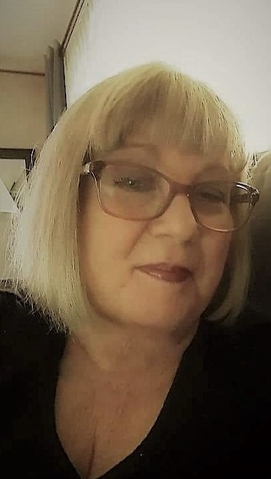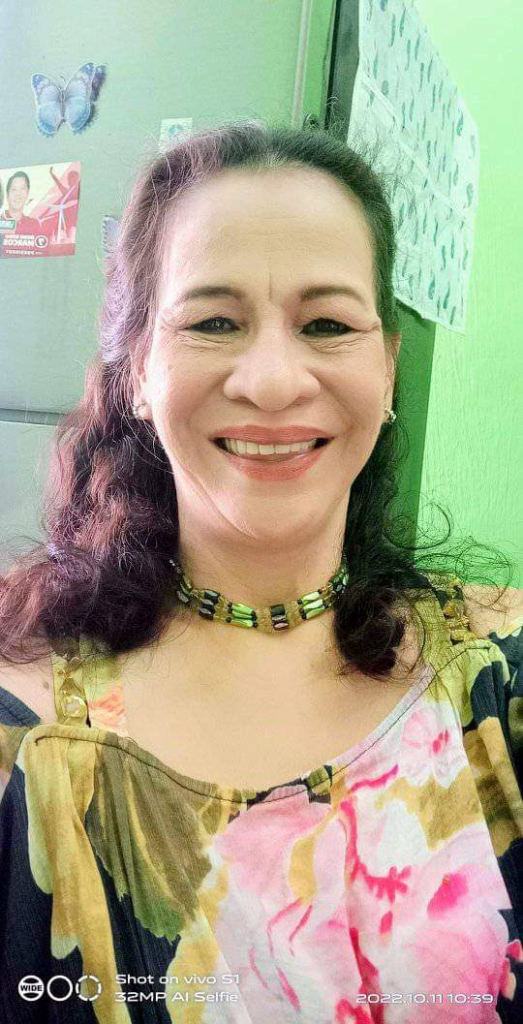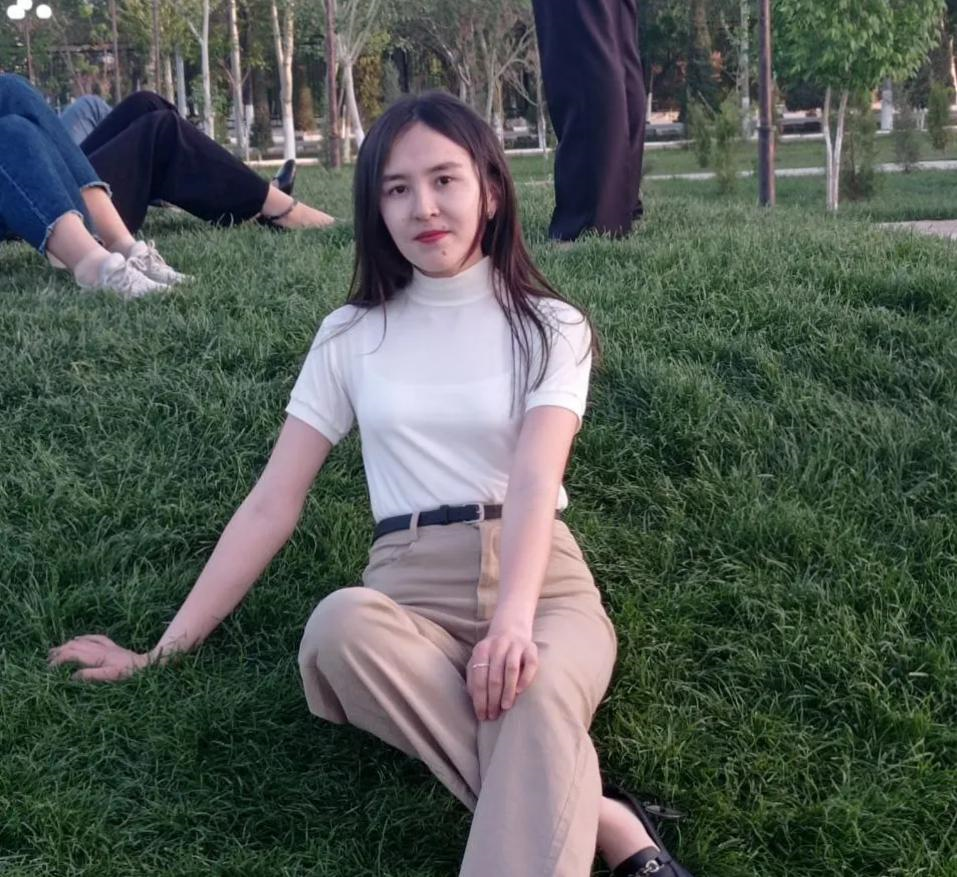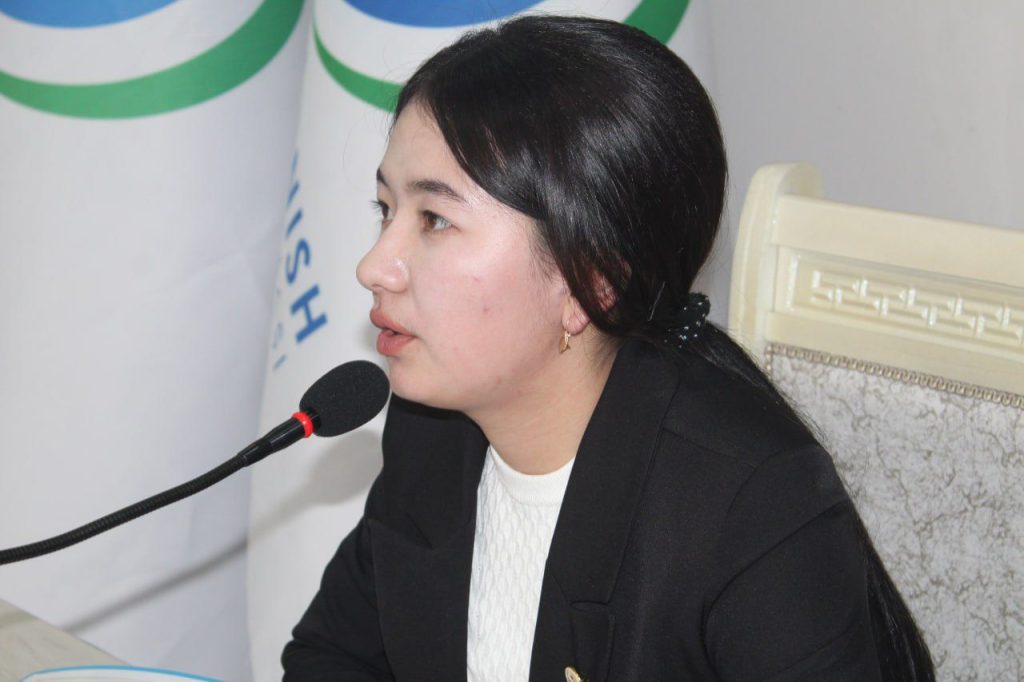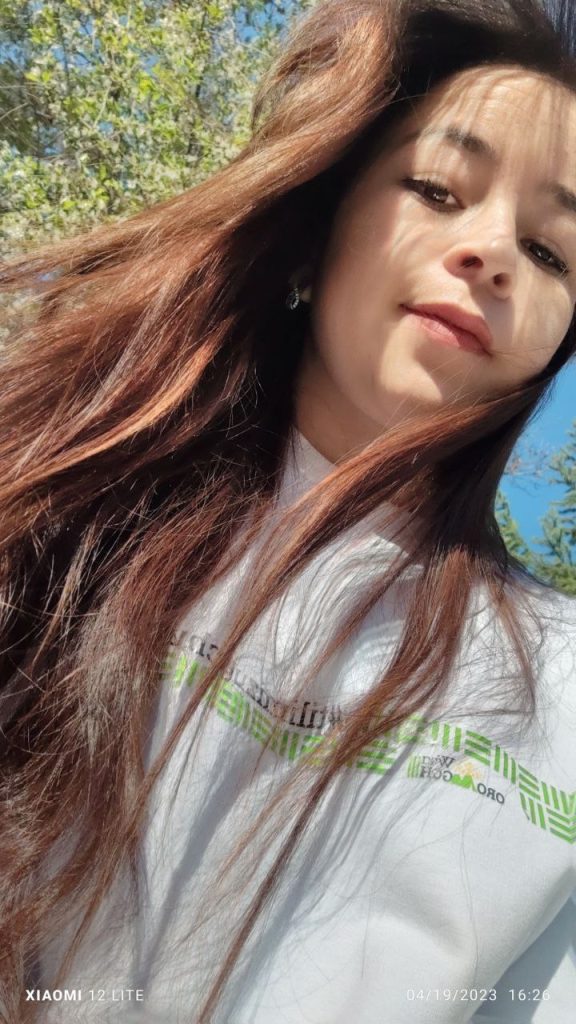
USING CULTURAL CONTENT TO ENHANCE ENGLISH LANGUAGE LEARNING
Shosura Khusenova Toshtemir qizi
Student of Karshi state university, the faculty of English philology
ABSTRACT
Understanding the culture and background of a language is part of learning it; it goes beyond studying its grammar and vocabulary. The inclusion of cultural material in English language instruction gives students a greater grasp of the language and its cultural intricacies enabling them to communicate more effectively and sensitively from a variety of cultural perspectives. The article starts by emphasizing the value of cultural material in language instruction and how it helps students become more linguistically and culturally competent. It stresses how cultural understanding helps learners grasp the subtleties of language, such idiomatic phrases, social customs, and cultural allusions, which are crucial for efficient communication. It also addresses several methods and tactics to include cultural content in English language classes, including the use of real resources, cultural exchange projects, and multimedia resources. Additionally, incorporating cultural activities, such as role-plays, debates, and discussions, encourages learners to engage actively with the language and cultural concepts. Teachers must use a learner-centered approach when integrating cultural material into language training. The interests, backgrounds, and ability levels of the students should be taken into consideration by teachers when selecting pertinent resources and activities that connect to the learners’ experiences. The importance of technology in accessing cultural information for language acquisition is also emphasized in the paper. The availability of internet resources makes it simpler for students to obtain authentic materials from many countries that speak English. This makes it possible for the classroom to hold a wider variety of cultural events.
Key words: communication barriers, miscommunication, etiquette, conventions, metaphors, wordplay, misunderstanding, pedagogy, sociocultural effects, target culture
INTRODUCTION
Nowadays, majority of the people around the world consider English as a lingua franca, and they are learning it. However, those learners sometimes complain to have inefficient level in English despite putting more effort to learn. Many linguists and scholars claim that one of the main reasons for this is learning the language outside the context and cultural features. Neglecting cultural aspects while teaching English might result in misunderstandings, cultural insensitivity, insufficient language competency, restricted access to authentic materials, decreased intercultural competence, and a weaker relationship to the language being learnt. For the purpose of promoting successful communication, cultural sensitivity, and a well-rounded language learning experience, cultural training must be incorporated into English language teaching.
Language learners are highly likely to face these challenges because of absence in cultural competence in a foreign language:
1. Lack of Context: Language is employed in contexts that are determined by culture. Learners may find it difficult to understand the meaning, usage, and connotations of words, phrases, and idiomatic expressions without having a thorough understanding of the cultural context. Without understanding the origins and meanings of expressions like “break a leg” and “raining cats and dogs,” for instance, they may be difficult to understand.
2. Miscommunication: Communication techniques are influenced by cultural conventions and beliefs. Learning how to express oneself and understand others may be difficult for students who are not aware of these cultural quirks. If cultural differences are not taken into consideration, miscommunications may result because of differences in directness, politeness, and nonverbal indications.
3. Understanding Humor: Cultural metaphors and comic idioms in English can make it difficult for learners to understand humor, which has a strong cultural foundation. Because jokes, slang, and wordplay sometimes need cultural background, it can be challenging for language learners to completely understand and engage in humorous dialogues.
4. Social Integration: Learning a language involves assimilating into the culture of the target language as well as developing linguistic abilities. Learners may find it difficult to deal with social situations, form relationships, and interact with others in English-speaking societies without knowledge of cultural norms, conventions, and social etiquette.
If cultural values are not taught when teaching English, these are just a few examples for unwanted results to arise.
Here are some strategies you can use to incorporate cultural elements into your English language lessons:
METHODS
Cultural awareness should be integrated into the curriculum in a way that encourages critical thinking and encourages students to question assumptions about culture.
Introduce authentic materials: Use authentic materials such as newspapers, magazines, books, movies, TV shows, and music from English-speaking countries. These materials expose students to the language as it is actually used in real-life situations and provide insights into the culture.
Discuss cultural topics: Include them into your lessons. Explore the festivals, customs, traditions, and cultural occasions observed in countries that speak English. This can be accomplished through presentations, group projects, or in-class debates. Encourage pupils to also discuss their particular cultural experiences.
Teach idioms and expressions: Idioms and phrases should be taught since they are an important component of any language and frequently indicate a society’s cultural values and views. Idioms and phrases should have their origins and meanings explained to pupils, who should then be encouraged to use them correctly.
Comparative analysis: Comparative analysis: Compare and analyze aspects of the native cultures of the pupils with those of English-speaking people. The comparisons are not meant to undermine any of the cultures being studied, but rather to enhance the learning process and to inform students that although certain aspects of culture are becoming more worldwide, others remain local. Because of this, students are inspired to consider how cultures differ from one another as well as how they have similar values. This helps them to comprehend diversity better.
Use multimedia resources: Take advantage of multimedia tools: Use multimedia materials to introduce pupils to many facets of English-speaking cultures. Showcase sites, cities, or cultural traditions via movies, documentaries, or virtual tours. Students may do this while improving their listening skills and seeing the culture visually.
Role-playing and simulations: Involve students in role-playing exercises that simulate real-life scenarios in countries where English is the language. Set simulating a situation in a restaurant, a job interview, or a cultural event. Students may do this to improve their English while learning about cultural conventions and expectations. Also, Have your pupils join in on the festivities. Learn about the history, importance, and traditions surrounding these occasions, and take part in activities like crafting or preparing traditional foods.
Virtual tours and field excursions: Take your pupils on field visits to historical places, cultural centers, or museums that are relevant to English-speaking cultures. If actual visits are not feasible, explore these locations electronically via virtual tours and online resources.
RESULT
Overcoming Communication barriers: Communication obstacles can occasionally be caused by cultural differences. By giving students the information and abilities to understand and react correctly in various cultural situations, the teaching of cultural concepts in English language schools aids students in overcoming these obstacles. It improves their capacity for suitable and successful communication with native speakers.
Increasing Motivation and Interest: Including cultural content in language instruction may make learning more interesting, relevant, and thrilling. It introduces students to many cultural facets, including literature, history, art, and social conventions, which could stimulate their interest and inspire them to learn more. Additionally, it facilitates the development of a link between the language and its cultural setting, enhancing the learning process.
Our Future Will Benefit from the Teaching of Cultural Heritage: If high school students are taught about their cultural background, they will start to appreciate both their own culture and the cultures of the people around them. In the past, students might have wondered where we all come from, what life was like for those who came before us, what they ate, and what they did for enjoyment. These kinds of questions let students take both an internal and an outside view. Students will be motivated to create and study as people in the past did before us because as humans, we don’t want to be forgotten when we’re gone. Learning this information will assist our future generations because they will be able to pass on the cultural heritage that they value and adore, as well as the thoughts, ideas, books, and beliefs they have acquired from those who came before them. As long as we keep in mind to pass on these customs, learn from them, and develop new ones to connect with them, they will endure. Every of history contains sad moments, things we feel guilty and ashamed about, but by learning about the past we can be sure to prevent the future from repeating the same mistakes, and by doing this we can protect people from being hurt when they shouldn’t be, and we can also go back and reconsider our past choices, try to understand what went wrong, and then move forward into the future and do things new.
Facilitating brain processing: Reading comprehension and mathematical reasoning both benefit from leaning on students’ cultural knowledge and norms, according to earlier research. Neuroscience research suggests that this is partially due to the fact that everyone learns new knowledge more effectively when it is connected to what they already know. In other words, by utilizing students’ preexisting brain connections, employing texts, resources, and examples that draw from students’ cultural schemas and past knowledge facilitates learning. That’s not all, though. Neuroscientific studies have shown that culture influences how the brain processes information; for example, pupils from cultures with strong oral traditions are more likely to acquire new material effectively through music and storytelling. Because of this, culturally sensitive teachers are also enhancing brain connections when they employ repetition, rhythm, movement, and images during education.
DISCUSSION
The reason for learning a foreign language is to know how to communicate in the target language, to know whether the customs and traditions of the speech community, and to develop one’s study and work.
Additionally, McKay (2003) asserts that culture significantly affects language education in two crucial ways: linguistically and pedagogically. Culture has an influence on the semantic, pragmatic, and discourse levels of the language, which is significant from a linguistic perspective. Because the cultural content of the language materials and the cultural foundation of the teaching approach must be taken into account when choosing the language resources, this has an impact on pedagogy. Therefore, Mckay (2003) contends that in order for pupils to properly acquire a language, they must master both the linguistic and cultural norms of that language.
In a similar mindset, Stern (1992) suggests that the purpose of teaching culture should be:
• Providing students with knowledge of the target culture.
• Knowledge of the target culture’s traits and distinctions from the learner’s own culture.
• A mindset that values research.
• A focus on comprehending the sociocultural effects of language and language usage
• Affective objectives, including intellectual curiosity, empathy, and interest.
Conclusion
Students can benefit from a more thorough and real learning experience when cultural components of English language education are included. Traditions, conventions, history, literature, art, music, and other things are examples of cultural aspects. These components can help students comprehend the language and how it is used in various situations on a deeper level. Additionally, it aids in the development of intercultural competency, which is crucial in the modern, globalized world. The objectives and preferences of the instructor or educational institution may influence how much cultural content is incorporated in English language instruction.
Promoting intercultural competency and encouraging pupils to have an accepting and respectful attitude toward many cultures are both achieved by including cultural components into language instruction. It promotes empathy, global citizenship, and cultural sensitivity.
REFERENCES
- https://culturalheritagethroughimage.omeka.net/5-reasons-why-we-should-teach-the-value-of-cultural-heritage-to-high-school-students
- https://www.newamerica.org/education-policy/edcentral/5-ways-culturally-responsive-teaching-benefits-learners/
- https://ontesol.com/blog/how-to-teach-english/communicative-approach-2/tesol-teaching-culture-part-i/
- https://www.researchgate.net/publication/351681726_Cultural_Understanding_In_English_Language_Learning
- https://toppandigital.com/translation-blog/culture-important-language-learning/
- https://www.fluentu.com/blog/educator/teaching-culture-in-the-foreign-language-classroom/
- https://www.teachingenglish.org.uk/professional-development/teachers/inclusive-practices/articles/making-culture-happen-english
- https://www.iasj.net/iasj/download/b363bdfcade95eaf
- https://www.edutopia.org/article/4-ways-incorporate-culture-world-language-instruction/
- https://www.duo.uio.no/bitstream/handle/10852/60319/Teaching-Culture-in-the-English-Classroom.pdf?sequence=1
- https://www.berlitz.com/blog/how-does-culture-influence-language
- https://youtu.be/fbQ3LGoFaLc
- https://youtu.be/VfHvmtfqZIE
- https://youtu.be/6PRn2He7I-I

